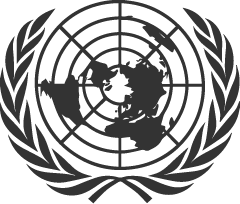Sustainability
Radically Transparent & 100% Traceable. Scan. Discover. Empower.

The Problem
"The fashion industry overproduces products by about 30-40% each season, contributes roughly 10% of all global carbon emissions and is the world’s second worst offender in terms of water and plastic pollution." The fashion industry accounts for nearly 17% of worldwide employment but fewer than 2% of those employees make a living wage. While fast fashion may make clothes more affordable, it comes at a high cost to the environment and the workers who produce these garments.
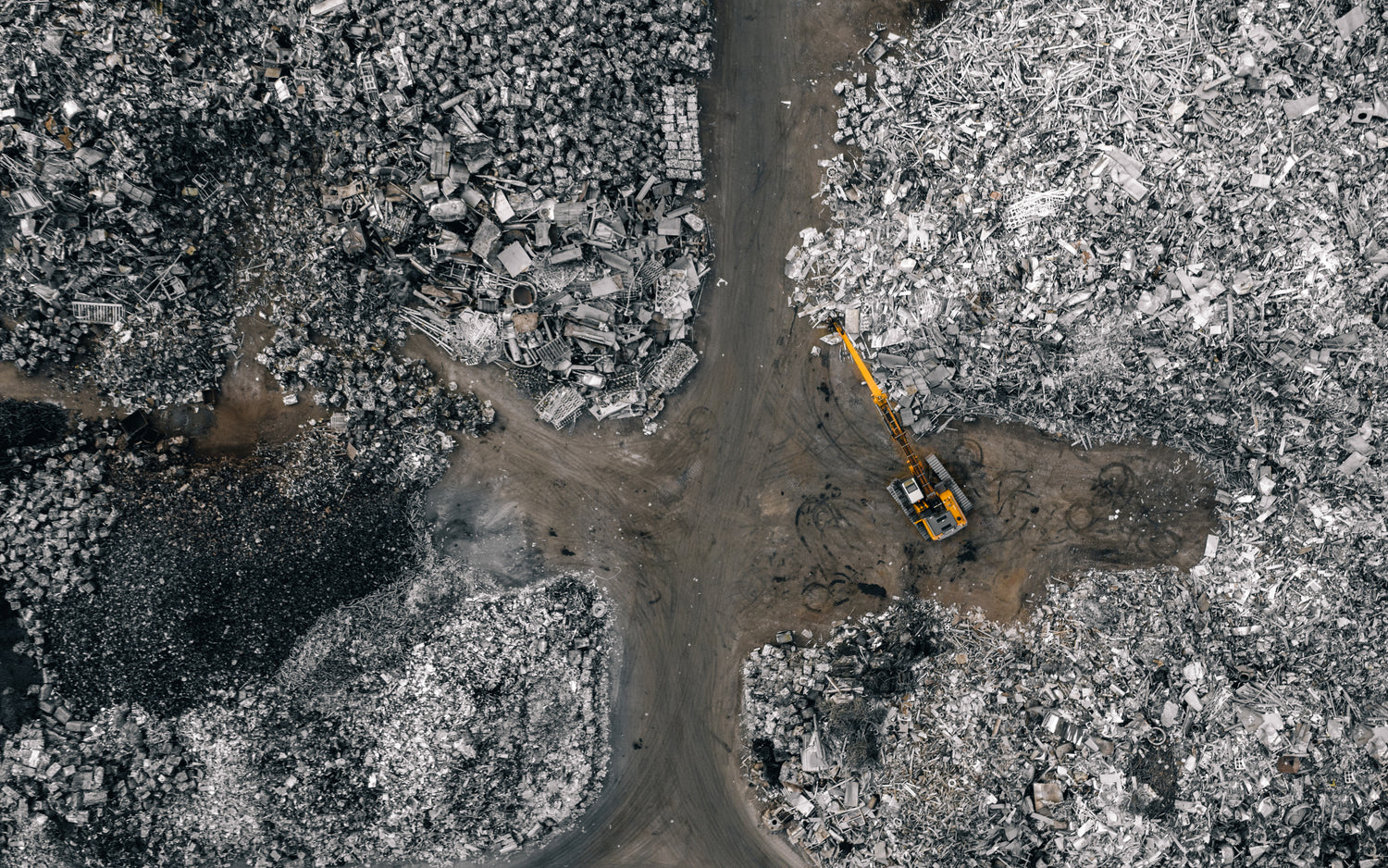
Where does it all go?
Clothing production has doubled since the year 2000, and a majority of the garments produced end up in landfills or incinerators. In the United States, for example, 85% of textiles are discarded in this way, causing environmental damage and wasting valuable resources.
Even well-intentioned donations of clothing can have negative effects, as they flood the second-hand markets of developing nations, turning these countries into dumping grounds for unwanted clothing.

What does sustainability even mean?
The lack of regulation in the fashion industry makes it difficult for consumers to know if a product is truly sustainable. Companies often engage in greenwashing, or the practice of making false or misleading claims about a product's environmental benefits, which further compounds the problem. At The Fision, we believe that blockchain technology and radical transparency are the only way to prove what we claim is true.

Good Earth Cotton®
Good Earth Cotton®, is grown using regenerative farming methods that have a climate positive effect. Through these methods, the soil sequesters more carbon than the entire cotton growth life cycle emits. This is achieved by transferring atmospheric carbon into the soil, enriching the microbiome, and creating a self-perpetuating cycle.
In comparison to conventional cotton, Good Earth® sequesters an impressive 335kg of CO2 on average while conventional cotton emits an average of 260kg of CO2* per bale. Additionally, careful conservation practices and efficient irrigation techniques result in 20% less water usage and a reduction of 95%* in pesticide application compared to conventional cotton.
*As cited in the June 2022 report by GEC®
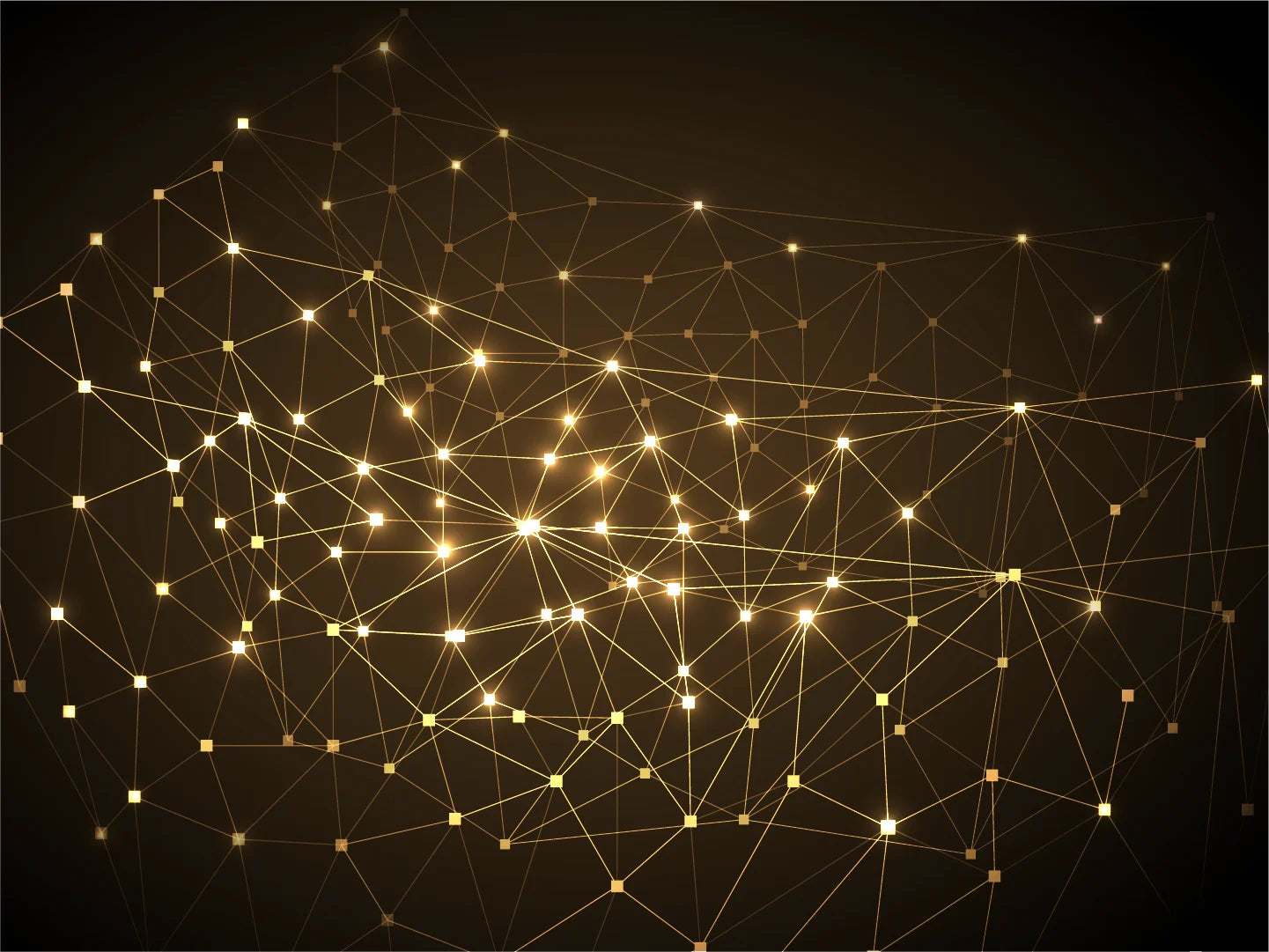
Blockchain
In the context of sustainable fashion, blockchain can be used to create a transparent and secure supply chain. FibreTrace® Verified embeds an invisible identifier into Good Earth Cotton's raw fiber. This marker is scanned and verified at each step in our process, creating an immutable record. Scanning The Fision's QR code allows you to follow the journey of your T-shirt, literally sewing transparency into the supply chain. Watch this video to learn how we use blockchain
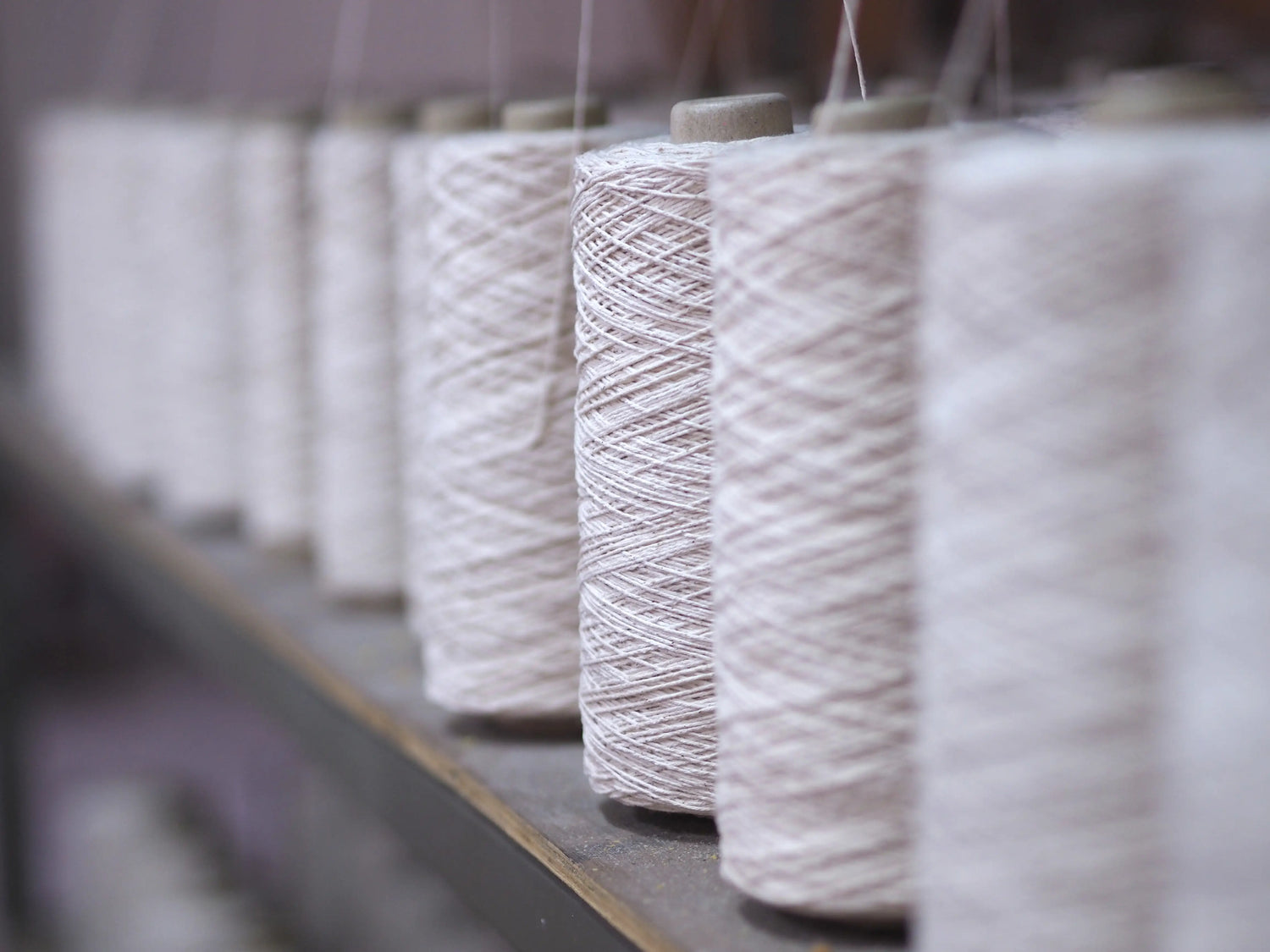
E*GEC® by ECOLIFE
The cotton is expertly spun into yarn by ECOLIFE by Belda Llorens®, a company known for its pioneering efforts in sustainable spinning. They transform raw cotton without using any harmful chemical additives while maintaining a certified zero carbon footprint.
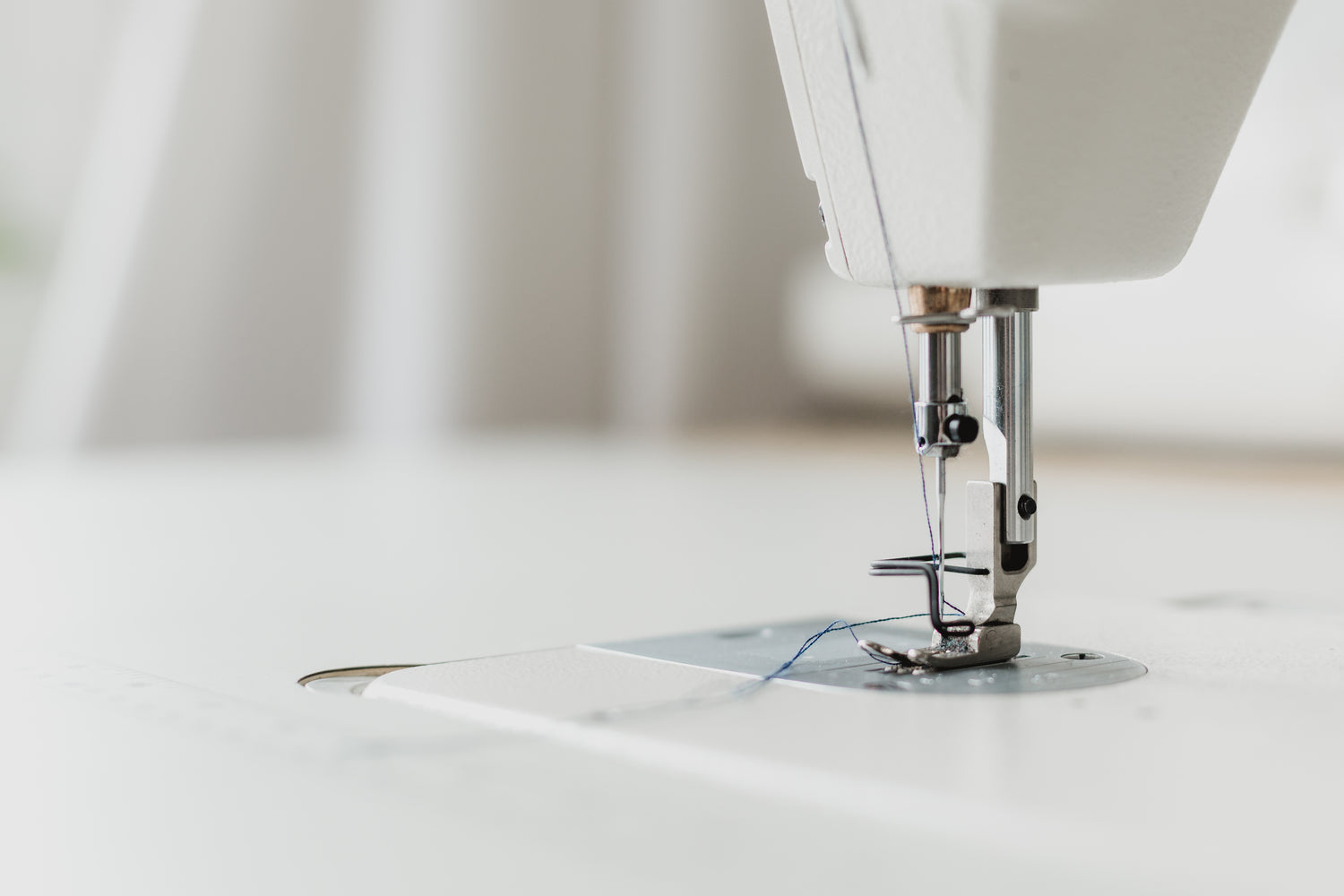
Proudly Made in U.S.A.
The Fision’s fabrics and garments are knitted, finished, cut, sewn, dyed and printed all in Los Angeles, California. This allows us to minimize our carbon footprint and more easily ensure our commitment to quality, sustainability and ethical manufacturing.
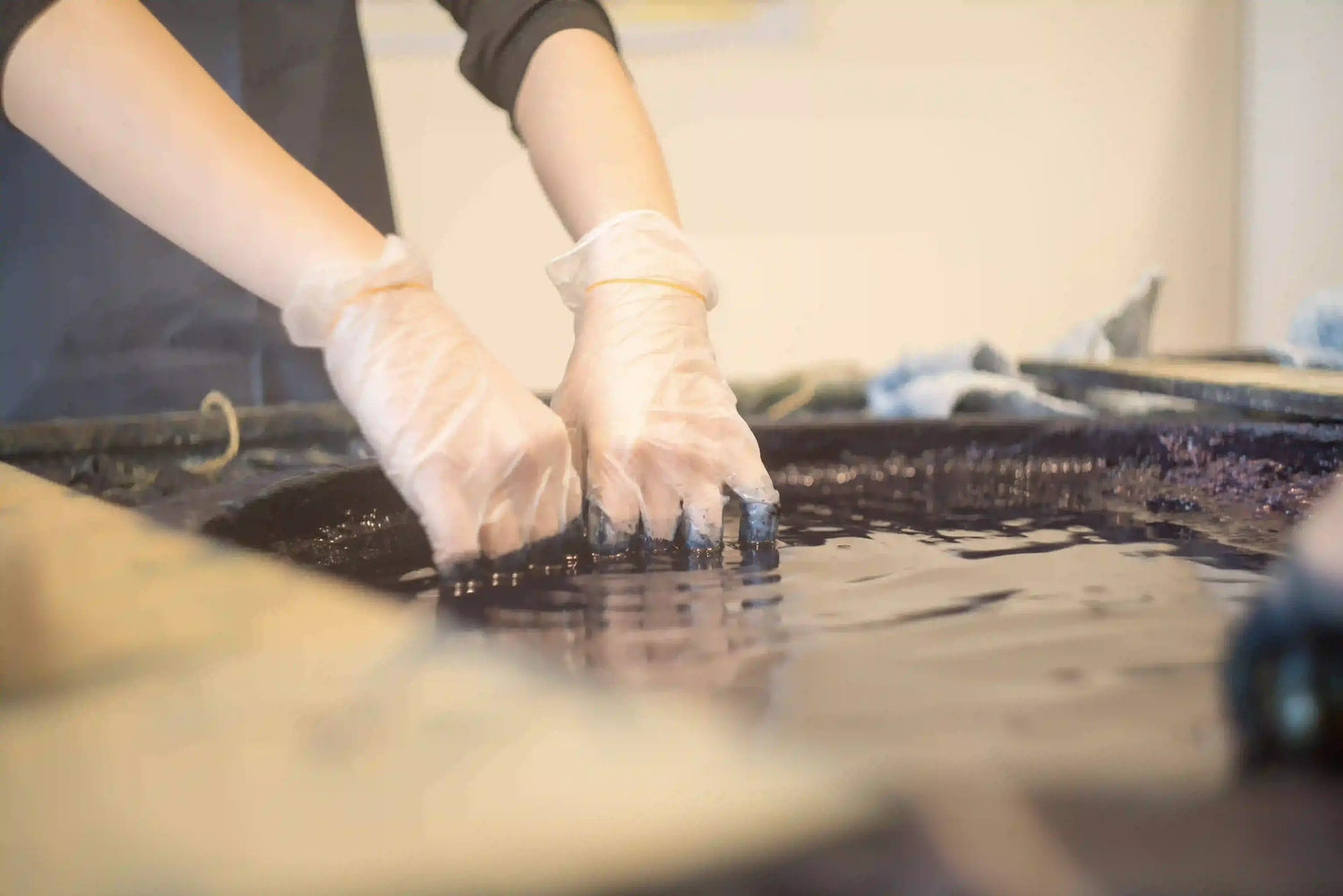
Dyeing
Our products are all garment dyed, meaning we apply color after our T’s are cut and sewn. This minimizes our water usage compared to traditional methods. We utilize only low impact dyes with no toxic chemicals combined with baking soda, water and vinegar.

Packaging
For our packaging we use POLLAST!C ™ mailers and polybags from Better Packaging Co which are made from 100% recycled ocean bound plastic pollution. By working closely and responsibly with coastal communities in Southeast Asia, where over 80% of plastics enter our oceans, our packaging not only helps clean up the environment but also helps break the cycle of poverty. Independent life cycle analysis has shown POLLAST!C mailers to be the lowest carbon form of packaging commercially available. In fact, they have a carbon footprint 75% less than that of traditional plastic mailers and 30% less than even 100% recycled paper. Certified carbon neutral and fully traceable, of course.

Closing the Loop
The apparel industry is stuck in a linear model where virgin resources are extracted to produce new clothing. The goal is to create a circular system where clothing is reused instead. For our part, we're partnering with Laeire Aerogels® on a pioneering new proprietary green technology to recycle discarded garments into new materials.
Now that you know
You can help us raise awareness about the negative impact of the apparel industry on the planet and inspire others to join the movement.
Support companies that are truly committed to sustainability. Education is key to creating lasting change, please watch and share this video.

